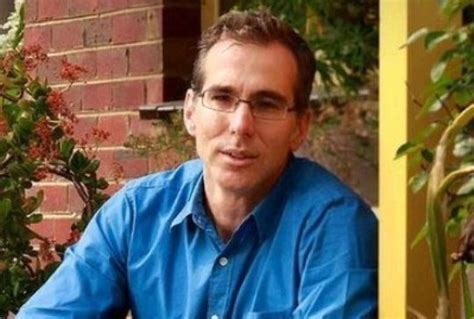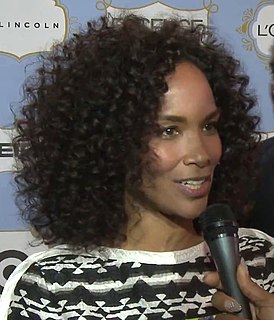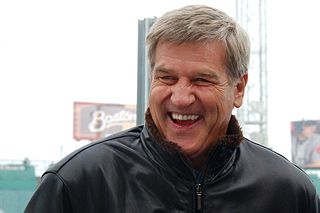A Quote by Jonathan Dee
When I read a book I liked, I would get a pen and one of my father's legal pads and rewrite it from memory as if I had thought of it myself. It was a clear sign that I wanted to be involved in writing, even if it was just pretend at that point.
Related Quotes
It's insane to be a writer and not be a reader. When I'm writing I'm more likely to be reading four or five books at once, just in bits and pieces rather than subjecting myself to a really brilliant book and thinking, "Well what's the point of me writing anything?" I'm more likely to read a book through when I take a break from writing.
My children threw me a life line: "Return to your roots - food - and rewrite your first book, Diet for a Small Planet." I learned that if I could just show up, in this case, if I could just get myself out of bed, get to the computer in my tiny office at MIT, and start writing, help would start arriving.
I had wanted simply to convey to the reader by way of concrete example that life holds a potential meaning under any conditions, even the most miserable ones. And I thought that if the point were demonstrated in a situation as extreme as that in a concentration camp, my book might gain a hearing. I therefore felt responsible for writing down what I had gone through, for I thought it might be helpful to people who are prone to despair.






































